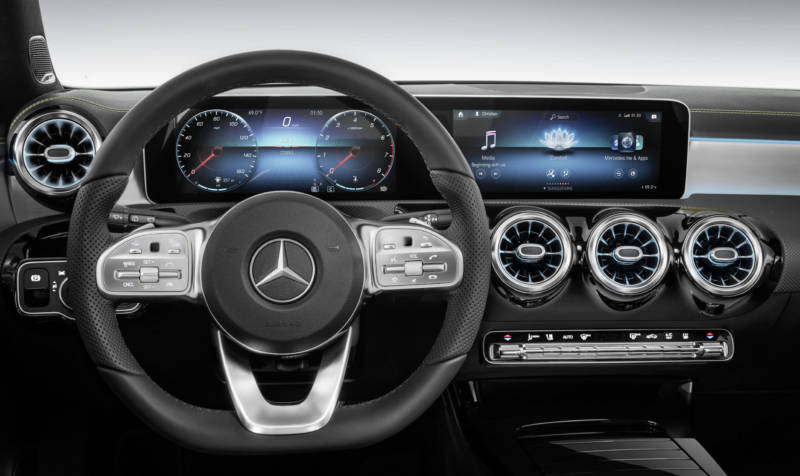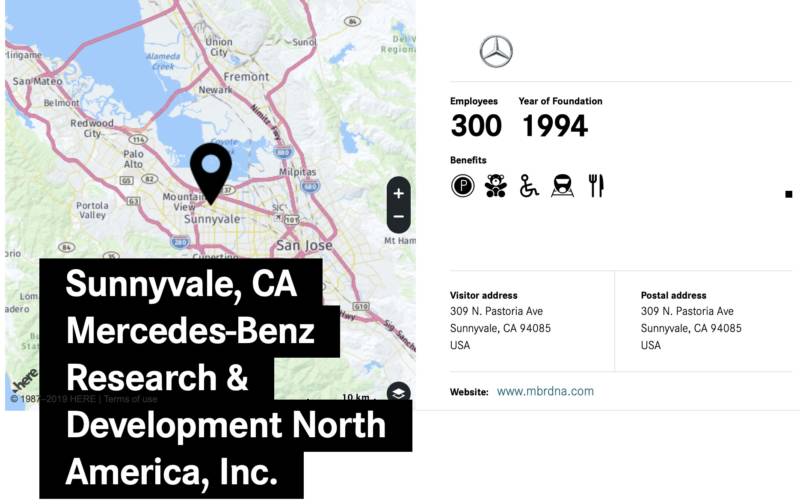Sure enough, recent reports show the Germany auto industry struggling, and not just because of the recent scandals over collusion involving air pollution standards. Some say that’s simply the most recent sign of a backwards-facing hubris built on past achievements exporting high-value engineering goods.
Boeser explained, “If you are in the automotive industry and you’ve been there for decades, it’s hard to imagine that everything could be turned upside down. But even if you just look at the last 10 years and how quickly new competitors enter the market, you realize that it is easier than it ever was to build a car, easier than it ever was to reinvent certain aspects of the car.”
Boeser’s getting an assist from a corporate matchmaker of sorts called Plug and Play Tech Center in Sunnyvale. With 27 locations worldwide, Plug and Play maintains a huge, global rolodex of startups. Daimler’s recent deal with the London-based software startup what3words is another example of this working partnership.
Chief Operating Officer Candace Widdoes says “legacy” companies — in Germany and Japan, especially — are willing to pay big money to get hooked up with young start-ups; but also learn how to work with those little guys, so as not to crush their creativity.
“There’s this cultural element, where it’s kind of hard to bring change to a large corporation. This is true in every industry,” Widdoes said. “Long-established companies are realizing they have to drop the typical rules to keep up, to stay alive.”
Of course, when foreign companies spend time here, they quickly realize you don’t have to buy a new idea. You can also copy.
Last year, Uber’s CEO announced he wanted the company to become the “Amazon of transportation,” your go-to resource for everything from scooters to flying taxis. This year, Daimler and BMW announced a $1 billion investment to do the same thing.
“Our company has been working on autonomous since 20-something years. So it’s not that it’s a new topic for us. But thinking about it as a new business model, that is a learning curve for us,” Boeser said.

